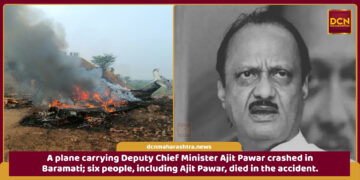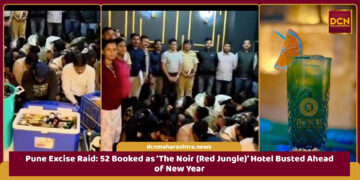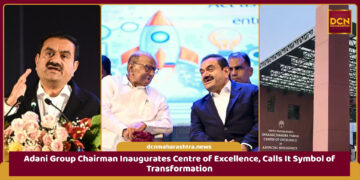Special Correspondent
Mumbai : Maharashtra is staring at a major transport disruption starting July 2, as school bus owners and commercial transporters have jointly announced an indefinite strike to protest against what they call persistent harassment and unjust penalties by authorities. The strike is being spearheaded by the Maharashtra State Truck, Tempo, Tanker, and Bus Transport Association, which has also called for a statewide chakka jam (road blockade) from midnight.
Alongside this, the School Bus Owners’ Association has declared an indefinite strike of school transport services from the same day. The association’s president, Anil Garg, has urged all schools in the state to either shift to online classes or temporarily modify their schedules, warning that student transportation will come to a complete halt. Garg also appealed to parents to make alternate travel arrangements for their children until the government responds to their demands. He stated that their strike is not political but a desperate move forced by years of regulatory pressure and excessive fines.
The protest stems from growing frustration among school bus operators over what they describe as repeated and arbitrary penalties imposed by traffic police. Many operators have been fined via e-challans for missing or non-functional GPS systems, CCTV cameras, and web-based monitoring devices—technology that is either costly to maintain or often faulty despite best efforts. Moreover, operators allege they face routine harassment and delays when trying to obtain or renew vehicle permits, adding to the day-to-day difficulties of running compliant operations.
The larger transport strike includes participation from truck, tempo, and tanker operators who are also demanding relief from hefty online fines, waivers on pending penalties, scrapping of mandates such as the requirement for an onboard cleaner, reconsideration of restrictive vehicle entry timings in city limits, and the establishment of proper parking spaces for commercial vehicles. Prakash Gawli, President of the Transport Federation, stated that their appeals have long been ignored by authorities, forcing them to resort to statewide agitation. He emphasized that their intention is not to defy the law but to demand fair and practical enforcement.
If the strike proceeds as planned, its impact will be felt across cities like Mumbai, Pune, Nagpur, and Nashik. Thousands of school children may be left without transport, inter-city goods movement is likely to slow down, and public transport availability—especially of private buses and tankers—could become erratic. With no official statement yet from the state government, the situation remains tense. However, sources indicate that urgent discussions are underway within the education and transport departments to avoid prolonged disruption and public















